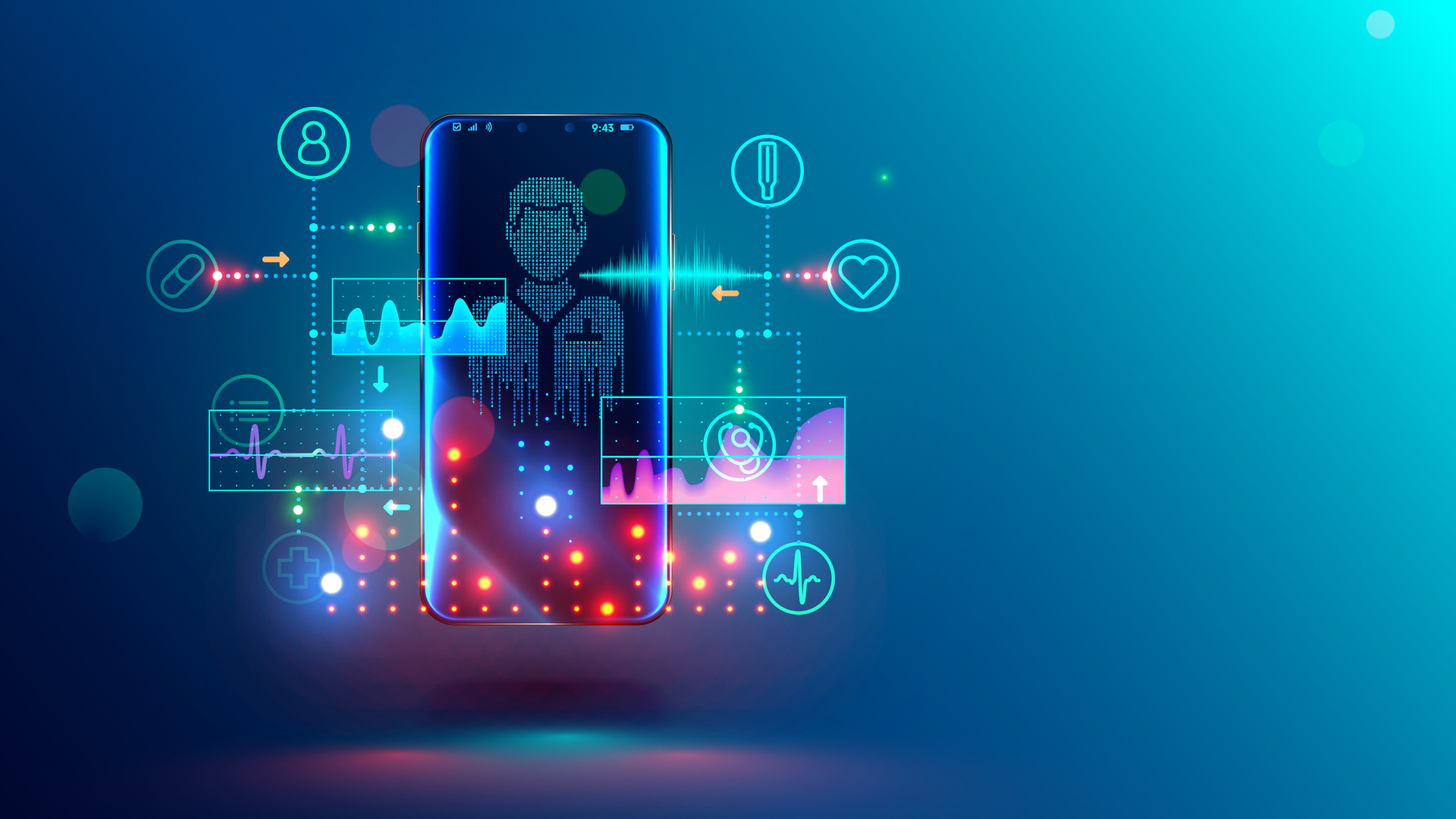Digital Health Watchdog: Are Your Wellness Apps Betraying Your Trust?

Health Apps: A Double-Edged Sword of Innovation and Privacy Concerns
In the rapidly evolving world of digital health, smartphone applications promising to track wellness, monitor medical conditions, and provide personalized care have become increasingly popular. While these innovative tools offer remarkable potential to empower patients and streamline healthcare management, experts are raising critical questions about their regulatory oversight and data privacy.
These health-tracking apps can provide users with unprecedented insights into their physical and mental well-being. From monitoring heart rates and sleep patterns to managing chronic conditions, the technology seems revolutionary. However, beneath the surface of convenience lies a complex landscape of potential risks.
Medical professionals and privacy advocates are particularly concerned about the lack of comprehensive regulations governing these applications. Without stringent guidelines, users' sensitive health information could be vulnerable to misuse, unauthorized sharing, or potential data breaches.
As the digital health market continues to expand, consumers are urged to approach these apps with cautious optimism. Carefully reading privacy policies, understanding data collection practices, and choosing reputable applications can help mitigate potential risks while enjoying the benefits of technological health innovations.
